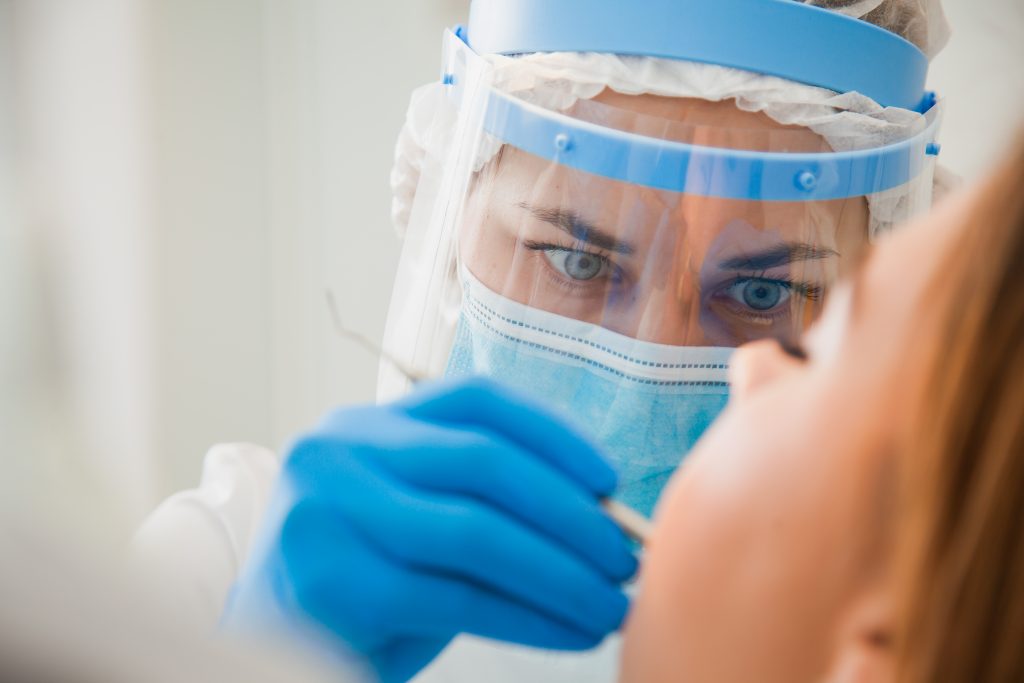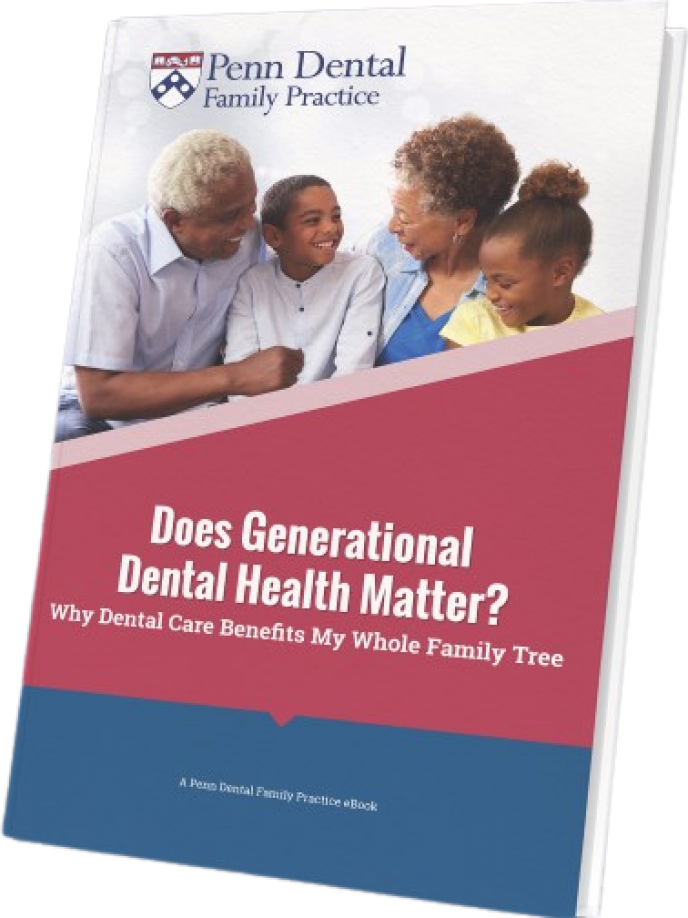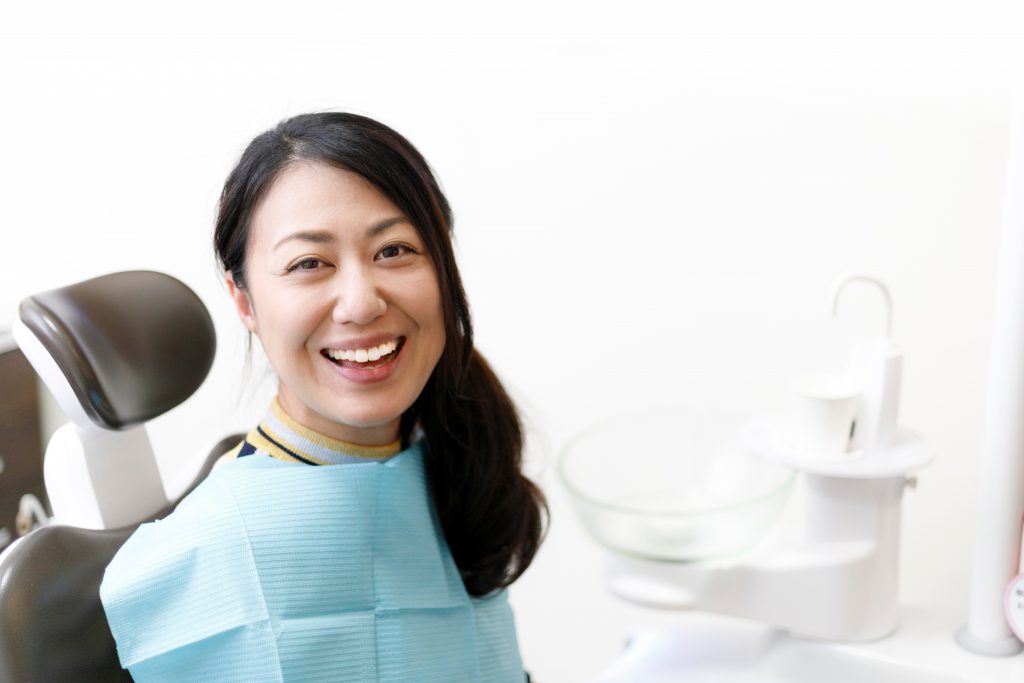Resource Library
Start Reading

Did you know that cavities are one of the top untreated health conditions in the U.S.? Additionally, more than half (57%) of adolescents have had a cavity in one of their permanent teeth. An estimated 90% of adults aged 20 and older have had at least one cavity.
An untreated cavity can lead to painful dental complications such as an abscessed tooth and the need for a root canal. But, many people wonder, can you reverse a cavity?
Since cavities result from tooth decay that happens over time, caught early, they may be halted in their tracks. But, a cavity that’s already developed needs to be treated to avoid problems.
Learn more about the cause of cavities and how you can help prevent them.
 As mentioned, a cavity forms by a process that takes place over time. This process can be challenging to prevent, primarily because of the foods we typically eat.
As mentioned, a cavity forms by a process that takes place over time. This process can be challenging to prevent, primarily because of the foods we typically eat.
A cavity is caused by a bacteria—streptococcus mutans—present in your mouth at all times. Any time sugar enters your mouth (and that could be any type of food that breaks down into sugar, even fruit or grains), it gets broken down by the s. mutans bacteria.
Acid is created as a byproduct of the process, and this is where it gets dangerous for your oral health. The acid in your mouth works to soften and dissolve the enamel on your teeth, giving the bacteria a place to hide. Once that happens, it is much harder to remove them from your mouth.
There is a common myth today about cavities: Once tooth decay begins, it’s impossible to reverse, and your only recourse is the drill. That simply isn’t true. So, is it possible to get rid of a cavity without a filling? Yes. But, as far as the question: can you reverse a cavity? “Reverse” may not be the best term. A better way to describe how to avoid a filling is to “stop tooth decay from worsening.”
Download our ebook on the value of family dental care and how to implement it!

To explain how to stop cavities that have already started to develop, we can turn to West A. Price, a well-known dentist of the 20th century. While traveling around the world to discover what causes tooth decay, Dr. Price found that many indigenous peoples had perfect teeth. As soon as they were exposed to a western diet, they started experiencing tooth decay and chronic illness.
 Not surprisingly, several of the recommendations made by this investigative team are diet-related, which include:
Not surprisingly, several of the recommendations made by this investigative team are diet-related, which include:
Phytic acid leaches minerals from your body and inhibits enzyme reactions in your body. This chemical can be found in grains, nuts, seeds, and beans. It’s a problem for us today because we don’t use ancient food preparation techniques (like sprouting and sourdough fermentation), which kill off the phytic acid.
About 80% of the phosphorus in grains and beans is bound to phytic acid, making it impossible for your body to absorb these foods. Besides blocking available phosphorus, these molecules bind minerals necessary for oral health, such as calcium, magnesium, iron, and zinc. If you’re trying to reverse the progress of a cavity, you should reduce the consumption of foods high in phytic acid like grains, beans, nuts, and soy.
Since we know that sugars are what the bacteria love, why give them anything to feed on? Avoid processed sugars like those in soda, candy, and baked goods, or replace them with natural sugars such as raw honey and maple syrup. Your teeth will thank you.
 Otherwise, eating sugary foods only speeds up the process of decalcification and demineralization of your teeth.
Otherwise, eating sugary foods only speeds up the process of decalcification and demineralization of your teeth.
Besides avoiding certain foods to protect your teeth from tooth decay, you can also start new practices that slow the cavity development process: brush your teeth, floss regularly, and maintain routine dental visits. Regular visits to your dentist ensure any dental issues are detected early.
At Penn Dental Family Practice, we have ways of treating cavities and non-invasive recommendations. We don’t use the drill unless all other alternatives are exhausted.
Schedule your first appointment with us by calling 215-898-7337.